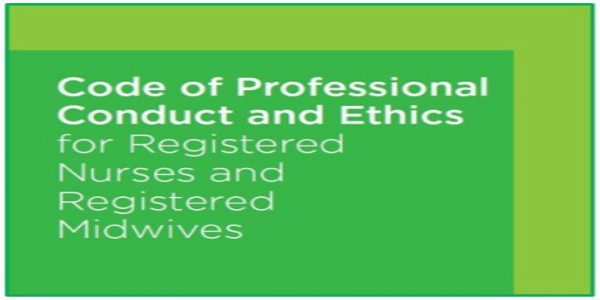
by Alberto Giubilini
Bioethics June 2017;31(5):400-08. DOI: 10.1111/bioe.12333
Abstract
“I argue that appeals to conscience do not constitute reasons for granting healthcare professionals exemptions from providing services they consider immoral (e.g. abortion). My argument is based on a comparison between a type of objection that many people think should be granted, i.e. to abortion, and one that most people think should not be granted, i.e. to antibiotics. I argue that there is no principled reason in favour of conscientious objection qua conscientious that allows to treat these two cases differently. Therefore, I conclude that there is no principled reason for granting conscientious objection qua conscientious in healthcare. What matters for the purpose of justifying exemptions is not whether an objection is ‘conscientious’, but whether it is based on the principles and values informing the profession. I provide examples of acceptable forms of objection in healthcare.”
The first paragraph of this article opens the perspective to consider other healthcare-related issues apart from providing abortions that attract conscientious objection, including filling prescriptions for contraception, providing medical assistance to die, refusal to examine a patient of the opposite sex, or treating someone who is intoxicated on alcohol or drugs, all of which objections are based on a range of religious reasons. It then posits an objection that few would consider a valid one, for example that one might object to providing antibiotics…
SEE ALSO: C Munthe, ME Nielsen. The legal ethical backbone of conscientious refusal.
Cambridge Quarterly of Healthcare Ethics Jan 2017;26(1):59-68.



